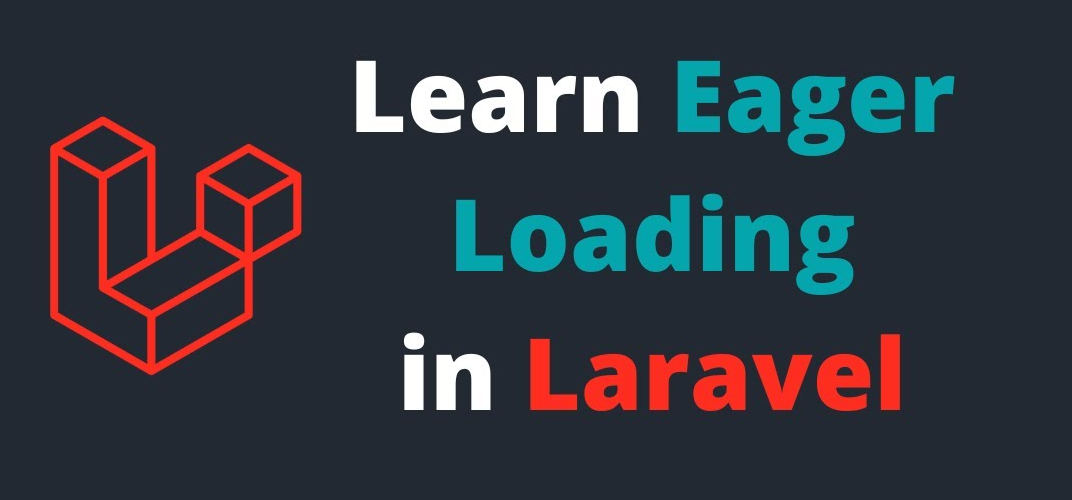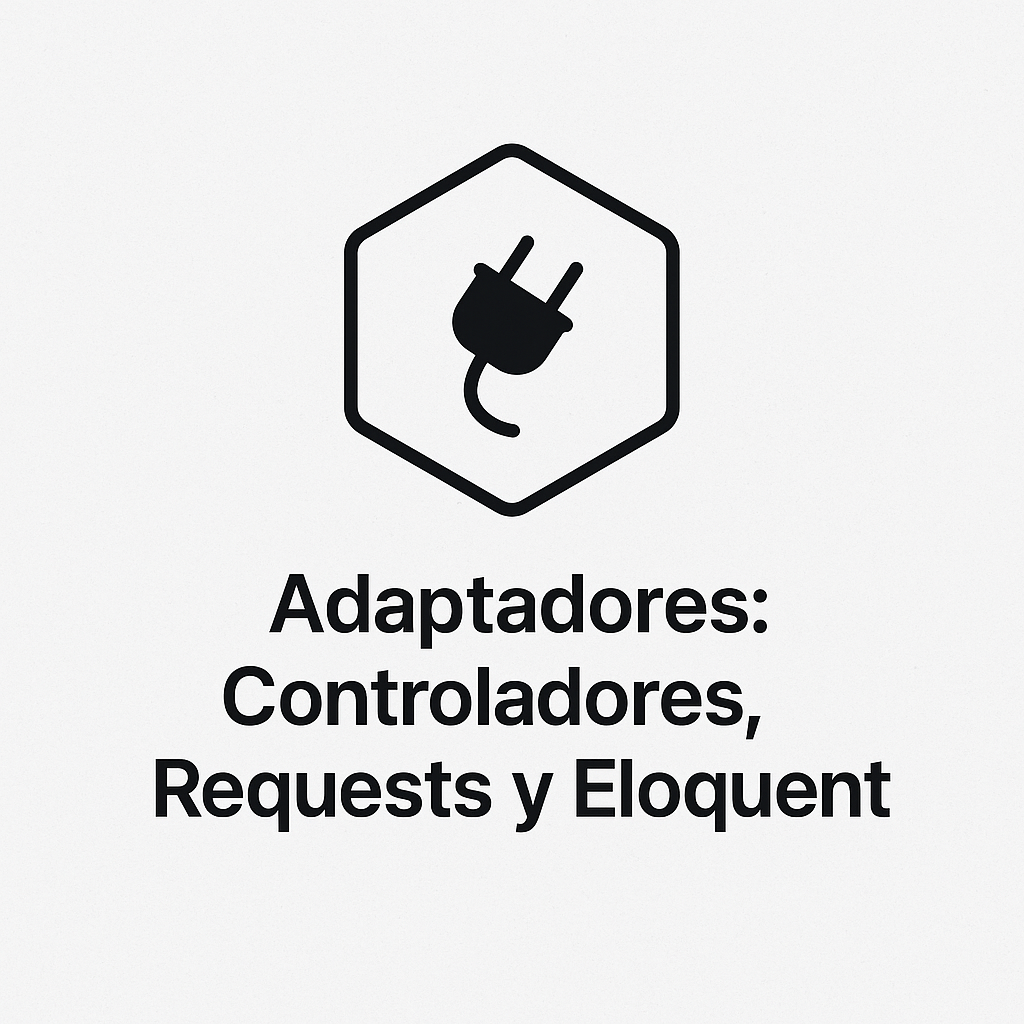- Reduced Database Queries: Eager loading allows you to load related data in a single query, rather than executing separate queries for each relationship. This significantly reduces the number of database queries, leading to better performance.
- Improved Performance: By reducing the number of queries, eager loading can significantly improve the performance of your application, especially when dealing with large datasets.
- Avoiding the N+1 Problem: Eager loading helps you avoid the "N+1 problem," where you would make one query to retrieve a list of records and then N additional queries to fetch related data. This can be a common performance bottleneck that eager loading mitigates.
- Cleaner Code: Eager loading results in cleaner and more efficient code because you don't have to manually fetch related data and loop through records to load relationships.
- Better Resource Utilization: With eager loading, you use resources more efficiently, as you're fetching all the necessary data in a single query, reducing server and database load.
- Cache Friendly: Eager loaded data is often more cache-friendly, as you're fetching related data in one go, making it easier to cache the entire dataset.
- Improved Developer Experience: Eager loading simplifies the development process by providing a more intuitive way to work with related data in Laravel models.
- Consistency: Eager loading ensures that your application always fetches the same related data for a given set of records, promoting consistency and predictability in your code.
Overall, eager loading in Laravel is a valuable feature for optimizing database queries, enhancing performance, and simplifying the way you work with related data in your application.




